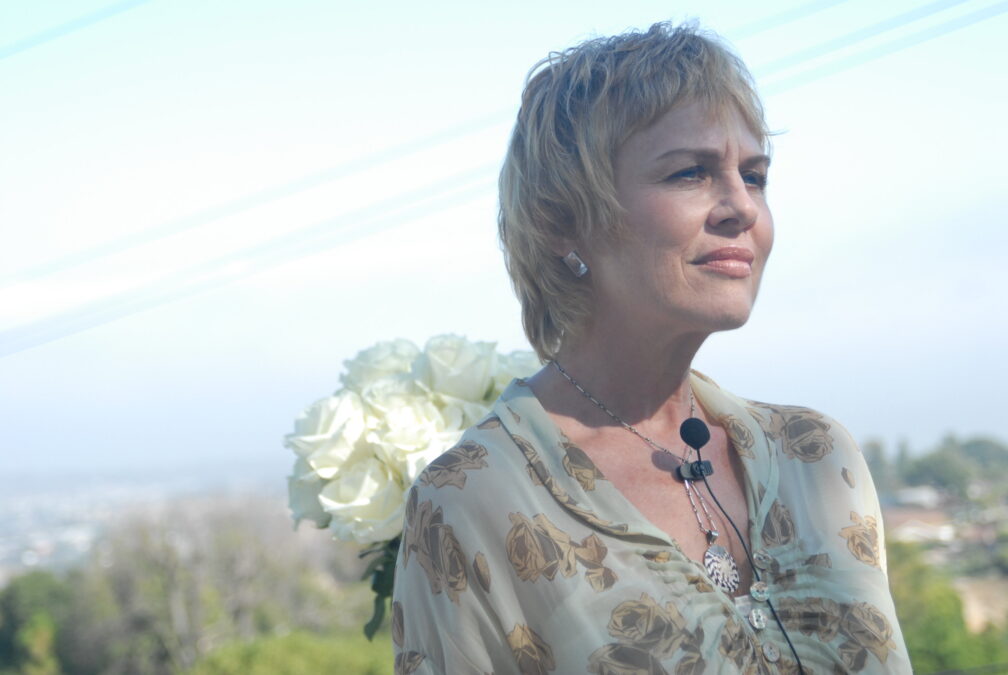You yourself, as much as anybody in the entire universe, deserve your love and affection.
– – The Buddha
A woman was in a forest, gathering herbs, when she heard a
magical sound. It was more beautiful than the calls of songbirds and she followed the music until she reached a clearing. A group of people were sitting in a circle. In the center sat a young man in a simple tunic and sandals, his eyes closed, playing a wooden flute.
The woman joined the group, sat on the earth and listened. It was captivating. When the song was finished, the flutist opened his eyes and looked out at the people surrounding him. They clapped and cheered. He smiled at the woman. “You’re a newcomer here,” he said.
“Yes, I am,” she said. “I have a question. Your music is enchanting. Where do you get your inspiration?”
“I play for these people sitting here. When they like what I play, I feel happy.”
“But who taught you to play?”
Sadness filled his eyes. “If you stay here until I finish my
next song, I’ll answer your question.”
When he was through and the people dispersed, he tucked his
flute into a carrier, slung it across his chest and gestured for the woman to follow him. He led her deep into the forest where they walked along a riverbank and climbed a steep hill. When they reached the top, they stopped beside a stony path to a meadow with vibrant wildflowers. The flutist pointed to a solitary figure sitting in the tall grass, holding a flute. As this man began to play, the woman felt her chest expand. Tears flooded her eyes and she cried for life, for love and for this magnificent expression of beauty.
When the song was over, she whispered to her guide, “Is he your teacher? His music is the voice of the angels. How does he do it?”
“I look to other people for approval,” he said. “My teacher plays only for himself.”
Craving someone else’s approval is a sticky web that affects the quality of your work. The flutist played beautifully, but his source was
outside of himself. He knew he could do better, but he was unwilling to rise above his need for approval.
I was in a workshop when the facilitator said, “We fall in love and we wait for someone else to say, ‘I love you.’ We place great importance on it and evaluate our relationships with that in mind. But once we
hear it, we don’t really believe what they’re saying because we need to hear it again and again. The only love that completely satisfies us is what we have for ourselves.”
If you want to find beauty in the world and express it to other people, first you have to delight yourself. If you want somone to love what you did, you have to love it yourself. During the eighties, I took a dozen trips to the Philippines to research the faith healers. I had extraordinary experiences and after the third trip, I wanted to write a book about it. I started by explaining what faith healing was, who performed it and where, and I offered some details about when it started and how effective it was. I felt like I’d done a great job until I read it back. By page two, I was bored. My book read like an academic text and I sounded like a know-it-all who thought I knew more than anyone else.
I tossed it and started over. I wrote about what it was like to be in the Philippines, how it looked and how it smelled. How much I loved the
people. The healing mode I was studying was controversial, so I told the truth about how my skepticism turned into wonder. As I wrote, I experienced all the emotions that had moved me and when I read it back, I liked what I had done. I found it honest and interesting. It touched my heart. If it moved other people, fine. If it didn’t, it was still fine because I had satisfied myself.
If there’s something you want to do but you’re afraid no one else will like it, do it for yourself. You’re important enough. Last weekend I
went to see a couple of girlfriends and read them a piece I had written. It was an intimate experience for all of us. Granted, it’s a thrill to get a book deal, but at this point in my life, it’s more satisfying to read to my friends than getting someone else’s edits and have a group of strangers read my work whom I’ll never meet.
Literary Critic, Cyril Connolly, said in 1933:
It’s better to write for yourself and have no public, than to write for the public and have no self.


Recent Comments